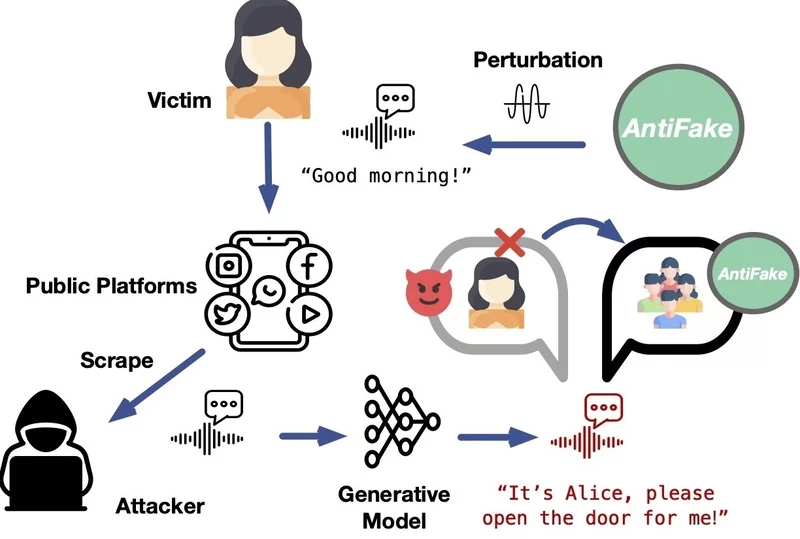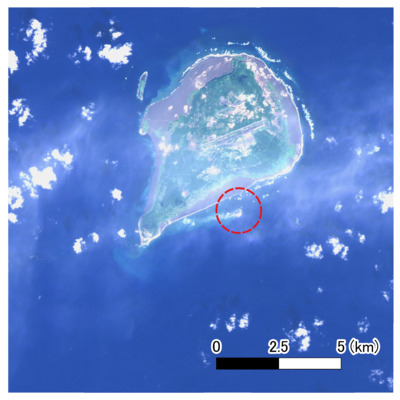2023-11-22 ワシントン大学セントルイス校
◆このツールは、歴史的な時代や地域における人間の行動に影響を与える要因を視覚的に表現し、異なる分野の研究者が共同で複雑な問題に取り組むのに役立っています。ユーザーは仮説や前提を考慮し、データをより微細かつ包括的に理解することが期待されています。
<関連情報>
- https://source.wustl.edu/2023/11/new-tool-to-enable-exploration-of-human-environment-interactions/
- https://www.science.org/doi/10.1126/sciadv.adj3142
ダリアグラム:過去の人間-環境相互作用の調査、可視化、コミュニケーションのための学際的ツール The dahliagram: An interdisciplinary tool for investigation, visualization, and communication of past human-environmental interaction
Michael Frachetti,Nicola Di Cosmo,Jan Esper,Lamya Khalidi,Franz Mauelshagen,Clive Oppenheimer,Eleonora Rohland,and Ulf Büntgen
Science Advances Published:22 Nov 2023
DOI:https://doi.org/10.1126/sciadv.adj3142

Abstract
Investigation into the nexus of human-environmental behavior has seen increasing collaboration of archaeologists, historians, and paleo-scientists. However, many studies still lack interdisciplinarity and overlook incompatibilities in spatiotemporal scaling of environmental and societal data and their uncertainties. Here, we argue for a strengthened commitment to collaborative work and introduce the “dahliagram” as a tool to analyze and visualize quantitative and qualitative knowledge from diverse disciplinary sources and epistemological backgrounds. On the basis of regional cases of past human mobility in eastern Africa, Inner Eurasia, and the North Atlantic, we develop three dahliagrams that illustrate pull and push factors underlying key phases of population movement across different geographical scales and over contrasting periods of time since the end of the last Ice Age. Agnostic to analytical units, dahliagrams offer an effective tool for interdisciplinary investigation, visualization, and communication of complex human-environmental interactions at a diversity of spatiotemporal scales.



